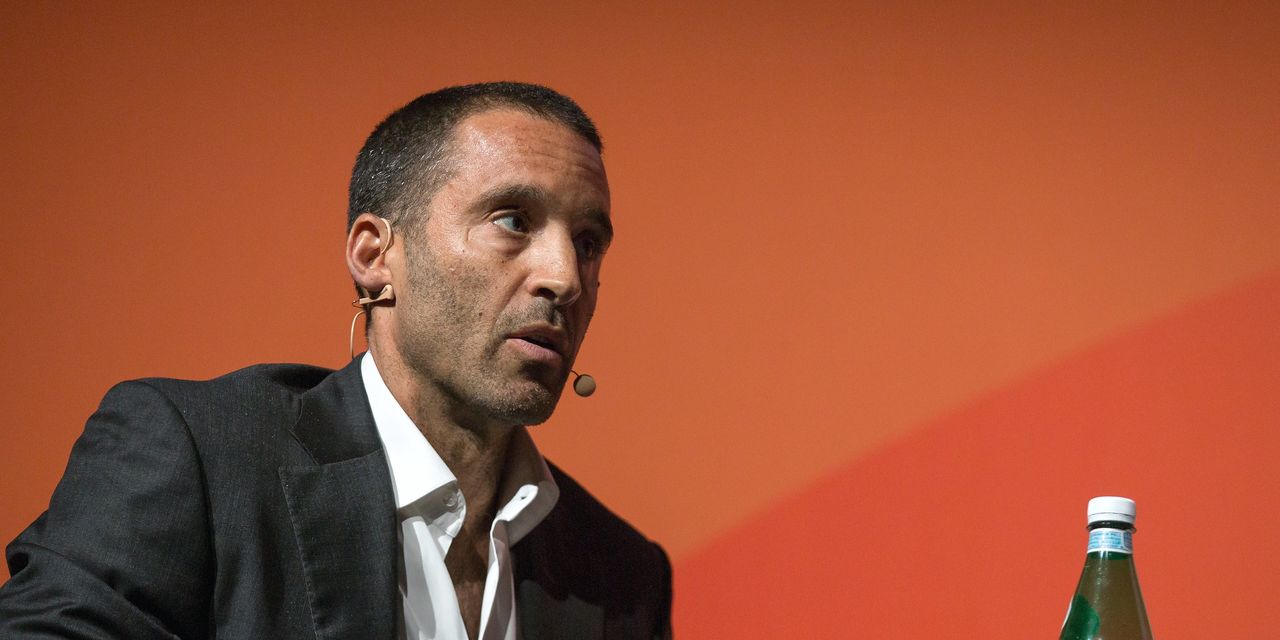
D1 Capital Partners has lost 12% in its public investments for the month of December through Monday as fears about the fast-spreading Omicron variant have fueled big stock swings in recent sessions.
D1 founder Daniel Sundheim wrote in a Dec. 20 letter to investors that D1 remained confident in its portfolio and was using the volatility to add to many of its stakes in companies that had recently caused losses or that it most believed in. He cited as examples travel companies that should benefit given consumers’ high savings levels and pent-up desire to travel; private companies D1 has been invested in that have gone public this year and sold off significantly, many by more than 40%; and fast-growing Internet companies.
After blockbuster gains in 2020, this year has so far proved difficult for many hedge funds betting on and against stocks for fundamental reasons. Losses from the meme-stock rally in January have weighed on funds, as have sector rotations between growth and value and macroeconomic concerns about inflation and Covid-19 that fund managers say have outweighed individual companies’ fundamentals. Funds’ hitherto profitable investments in private companies also have reversed as some unprofitable companies have gone public and performed poorly.
Stock-picking hedge funds were up an average 8.9% for the year through November, according to a recent client note from Goldman Sachs Group Inc., compared with a total return of the S&P 500 of 26%. December’s volatility has added to many funds’ losses, investors say. The S&P 500, including dividends, was essentially flat for December through Monday.
Several of last year’s biggest winners have suffered some of the biggest losses this year. Light Street Capital Management in Palo Alto, Calif. and Valiant Capital Partners gained about 64% and 57.5% last year, respectively, but were down 19.7% and 35% this year through November, said people familiar with the matter.
One of the top-performing hedge funds in recent years, D1 manages about $25 billion. One share class lets D1 invest up to 99% of clients’ money in private companies. Mr. Sundheim wrote D1 would be opening to more money from existing investors in January for share classes that invest in public markets.
“While there are currently many macroeconomic cross currents—including the Omicron variant, inflation, and central bank monetary policy changes—we view the current market volatility as driven primarily by factor rotation and not changes in the intrinsic value of our equities,” Mr. Sundheim wrote. “Stock moves like we have seen are an opportunity to add to our highest conviction names at attractive prices.”
D1 plans to raise more money for some share classes investing in both public and private companies in April, the letter said. Private investments have significantly boosted the returns of hedge funds investing in both public and private companies, including D1.
Mr. Sundheim said the firm was pleased about the Federal Reserve’s planned interest-rate increases starting next year and Sen. Joe Manchin (D., W.Va.) saying he would vote against additional stimulus, saying D1 had confidence inflation would be transitory.
Previously Viking Global’s chief investment officer before starting D1 in 2018, Mr. Sundheim said D1 had experienced significant losses before, such as in March 2020 during Covid-19’s first wave, and in January 2021 due to the meme-stock rally. D1 historically had rebounded from its losses over the next six months, he wrote.
After its January losses—30% in its public book—D1 “eliminated or materially reduced most of the short positions resulting in the drawdown,” the letter said. That locked in losses from those positions, which would have resulted in gains had D1 held on. D1 effectively started with a new portfolio on Feb. 1.
D1 more broadly has pulled back on shorting after January, said people familiar with the matter. D1 has less concentrated short positions given the business risk highlighted by January’s events, and is dedicating less energy to shorting in general because smaller position sizes mean the potential returns on their invested time is less attractive. D1 now has fewer bets against single companies and has moved toward betting against custom baskets of stocks.
D1 gained 60.2% last year in its C share class, which can invest up to 35% of clients’ money in private companies; for the year through November it was up 17% in that share class, said one of the people familiar with the firm.
Write to Juliet Chung at [email protected]
Copyright ©2021 Dow Jones & Company, Inc. All Rights Reserved. 87990cbe856818d5eddac44c7b1cdeb8








